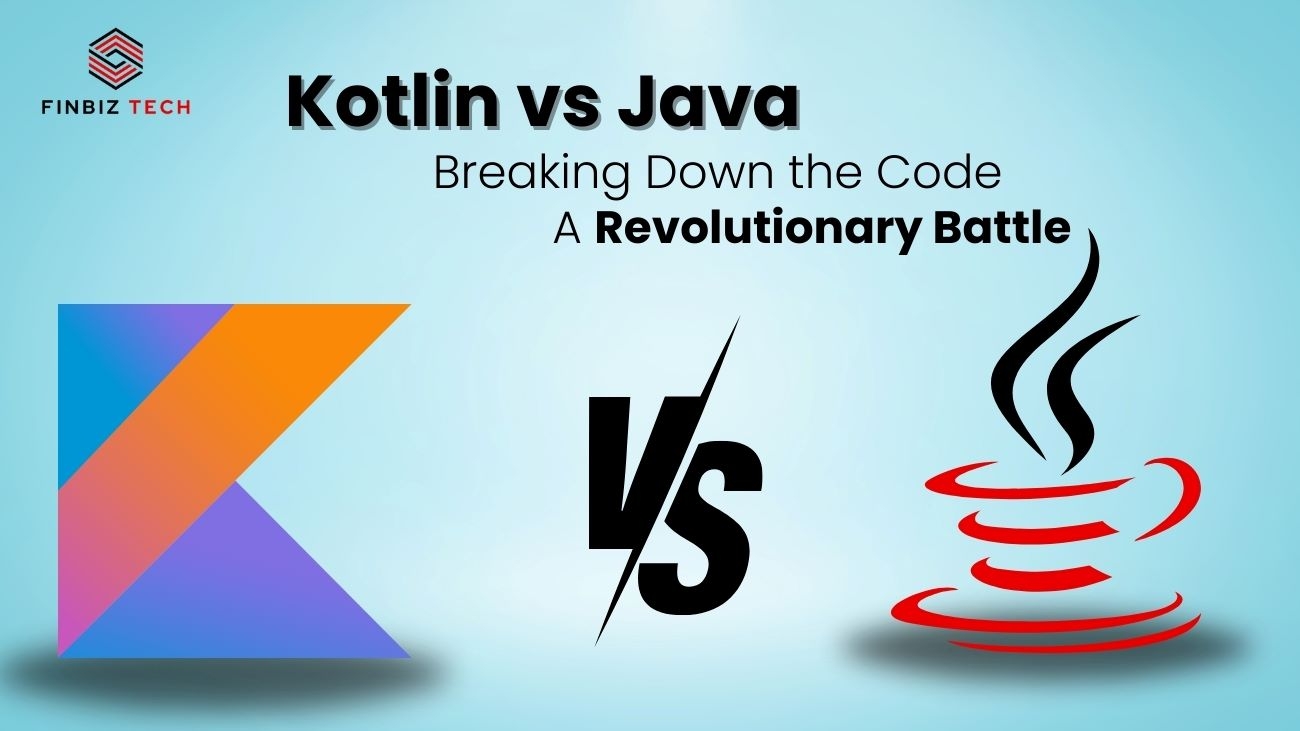In the dynamic world of software development, the rivalry between Kotlin vs Java has been a constant source of debate among Android and web developers. Let’s dissect these programming languages to understand their nuances, advantages, and impact on modern development practices.
The Rise of Kotlin vs Java
Both Kotlin and Java have been instrumental in shaping the software development consulting services landscape. While Java has long been the stalwart for Android game development, Kotlin emerged as a modern alternative, gaining traction for its concise syntax and enhanced features.
Kotlin vs Java: A Comparative Overview:
To understand their strengths, let’s delve into the key differences. Kotlin, designed to be fully interoperable with Java, offers concise syntax, null safety, and functional programming features. Java, a mature and versatile language, boasts a vast ecosystem and a strong foundation in the development community.
Kotlin’s Conciseness:
Kotlin’s concise syntax is a game-changer, significantly reducing boilerplate code. This proves advantageous for developers, leading to improved readability and maintainability. The succinct nature of Kotlin has made it a preferred choice for many Android developers seeking increased productivity.
Java’s Robust Ecosystem:
Java, having stood the test of time, boasts a robust ecosystem with a wealth of libraries, java frameworks
and tools. This extensive support has made Java a go-to language for web development and enterprise-level applications. For developers accustomed to the Java ecosystem, the transition to Kotlin is seamless.
Null Safety in Kotlin:
One standout feature of Kotlin is its built-in null safety, addressing the notorious Null Pointer Exception common in Java. This significantly reduces the chances of runtime errors, enhancing the reliability of the codebase. Android developers, in particular, appreciate this feature for creating more stable applications.
Android Developers’ Perspective:
Android app developers in nyc have witnessed the shift from Java to Kotlin as the preferred language for Android app development. Kotlin’s concise syntax and seamless interoperability with existing Java code have led to increased adoption, streamlining the development process and improving code quality.
Web Development with Java:
The realm of website development, Java remains a stalwart, powering countless enterprise-level applications and web services. Its scalability, performance, and extensive support make it an ideal choice for building robust server-side applications, reinforcing its relevance in modern web development.
Kotlin’s Functional Programming Features:
Kotlin introduces functional programming features, such as higher-order functions and lambda expressions, providing developers with powerful tools to write expressive and concise code. This has resonated well with those seeking a more modern and expressive programming paradigm.
Kotlin vs Java A Migration:
The interoperability between Java and Kotlin allows for a smooth transition. Developers can gradually introduce Kotlin into existing Java projects, making the migration process flexible and accommodating for teams looking to embrace Kotlin’s modern features.
Making the Choice: Kotlin vs Java in 2024:
Ultimately, the choice between Kotlin and Java depends on project requirements, team expertise, and development goals. For Android developers seeking concise and expressive code, Kotlin stands out. In web development and enterprise applications, Java’s maturity and extensive ecosystem continue to make it a solid choice.
Conclusion:
The evolving landscape of software development, Kotlin vs Java remain influential players. While Kotlin introduces modern features and conciseness, Java’s maturity and extensive ecosystem maintain their relevance. The choice between Kotlin and Java depends on the specific needs of the project and the preferences of the development team. As we navigate the ever-changing coding landscape with digital technology solutions. Both languages contribute significantly to the advancement of software development practices.
For the latest recent updates and stories, browse FinBiz Tech. Regularly visit our website to stay up to date on the newest insights and trends in the technology and finance industries.
FAQs
Hey Siri What is the primary distinction between Kotlin vs Java in terms of syntax?
Kotlin boasts a more concise syntax, reducing boilerplate code, whereas Java relies on a more verbose syntax, which can lead to longer lines of code.
How does Kotlin address null safety, and why is it significant?
Kotlin features built-in null safety, minimizing the risk of NullPointer Exception errors, enhancing code stability and reliability.
Can Kotlin seamlessly integrate with existing Java code?
Yes, Kotlin is designed to be fully interoperable with Java, allowing developers to gradually introduce it into existing Java projects.
What advantages does Java offer for web development compared to Kotlin?
Java's extensive ecosystem, mature libraries, and scalability make it an ideal choice for web development and enterprise-level applications.
How does the choice between Kotlin and Java impact Android app development?
Kotlin has gained popularity among Android developers for its concise syntax, enhanced features, and seamless interoperability with existing Java code, leading to increased productivity and improved code quality.



